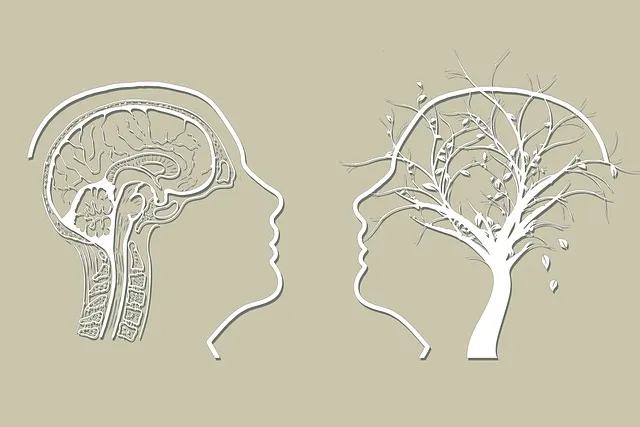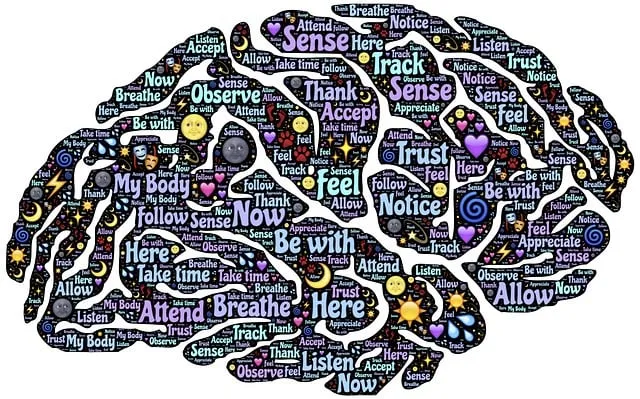Longmont Kaiser Permanente's mental health department emphasizes group facilitation as a powerful tool for community and individual well-being, focusing on creating safe spaces guided by skilled facilitators. This collaborative approach enhances healing, builds resilience, and fosters empathy through self-awareness exercises and open communication. Key strategies include establishing clear boundaries, regular risk assessments, stigma reduction, and cultural competency training for healthcare providers. Engaging programs like Compassion Cultivation Practices, interactive education, and stress management workshops ensure success measured by participant improvements in stress levels, social connections, and coping mechanisms, as evidenced through surveys and risk management data.
In the nurturing environment of the Longmont Kaiser Permanente mental health department, group facilitation plays a pivotal role in enhancing patient well-being. This article explores effective techniques for facilitating supportive and engaging mental wellness groups within this healthcare setting. From creating a safe space to measuring success through evaluation, we delve into strategies that foster meaningful connections and positive outcomes for individuals seeking collective support. Discover proven methods tailored specifically for the Longmont Kaiser Permanente mental health department’s unique context, enhancing patient experiences and improving overall mental health outcomes.
- Understanding Group Facilitation in Mental Health Settings
- Strategies for Building a Safe and Supportive Environment
- Techniques to Enhance Engagement and Participation
- Measuring Success: Evaluating the Impact of Group Sessions
Understanding Group Facilitation in Mental Health Settings

In mental health settings, group facilitation plays a pivotal role in fostering community and enhancing individual well-being. At Longmont Kaiser Permanente’s mental health department, facilitators act as guides, creating safe spaces for individuals to share experiences, gain support, and learn from one another. This collaborative approach not only aids in the healing process but also empowers members to develop crucial skills such as conflict resolution techniques and resilience building.
Effective group facilitation involves a nuanced understanding of dynamic interactions, diverse backgrounds, and unique mental health needs. By incorporating self-awareness exercises and encouraging open communication, facilitators help participants navigate sensitive topics and cultivate a culture of empathy and mutual respect. This holistic process contributes to the overall success of mental wellness programs, aiming to improve not just symptoms, but also the quality of life for individuals navigating various challenges.
Strategies for Building a Safe and Supportive Environment

Creating a safe and supportive environment is paramount when facilitating mental wellness groups. Group members should feel comfortable expressing their thoughts and emotions without fear of judgment or repercussions. To establish such an atmosphere, facilitators from the Longmont Kaiser Permanente mental health department number can employ several strategies.
Firstly, establishing clear boundaries and expectations sets the tone. This includes defining group rules that emphasize respect, confidentiality, and active listening. Additionally, regular risk assessments for mental health professionals help identify potential issues early on, allowing for prompt intervention to ensure a safe space. Incorporating mental illness stigma reduction efforts is also crucial, fostering an environment where members feel validated and understood. Healthcare provider cultural competency training further enhances this process by promoting empathy and understanding among facilitators, catering to the diverse needs of group participants.
Techniques to Enhance Engagement and Participation

Facilitating a mental wellness group requires strategies to keep participants engaged and actively involved. One effective technique is incorporating Compassion Cultivation Practices into sessions. These practices encourage empathy, kindness, and self-awareness, creating a safe space where individuals feel seen and heard. By fostering a culture of compassion, facilitators can enhance participation and build stronger connections among group members.
Additionally, designing engaging Mental Health Education Programs with interactive elements can boost involvement. Utilizing practical exercises, role-playing scenarios, and open discussions tailored to the Longmont Kaiser Permanente mental health department’s offerings ensures active participation. These dynamic approaches not only educate but also empower individuals to take charge of their mental well-being through regular Stress Management Workshops Organization.
Measuring Success: Evaluating the Impact of Group Sessions

Measuring success is a vital aspect of group facilitation, especially within the context of mental wellness sessions organized by the Longmont Kaiser Permanente mental health department. The impact of these group gatherings goes beyond attendance numbers; it’s about understanding the tangible improvements in participants’ lives. Evaluating success could involve assessing changes in mood and stress levels, an increase in social connections, or enhanced coping mechanisms post-sessions. This data can be collected through pre and post-session surveys, providing valuable insights into the effectiveness of the group dynamic.
For instance, a Stress Management Workshop Organization might track participants’ stress management skills, as measured by standardized questionnaires, to gauge improvements over time. Similarly, Mental Health Education Programs Design could focus on knowledge retention and behavioral changes among attendees, demonstrating the long-term value of these group sessions. Effective risk management planning for mental health professionals can also be assessed through such evaluations, ensuring that the sessions are safe, beneficial, and aligned with best practices.
Group facilitation techniques play a pivotal role in enhancing mental wellness within the Longmont Kaiser Permanente mental health department, fostering supportive environments that encourage active participation. By implementing strategies discussed—from creating safe spaces to measuring session impact—mental health professionals can significantly improve patient outcomes and create a more inclusive, effective treatment setting. This approach not only benefits individuals but also contributes to the overall success of the Longmont Kaiser Permanente mental health department in providing quality care.






